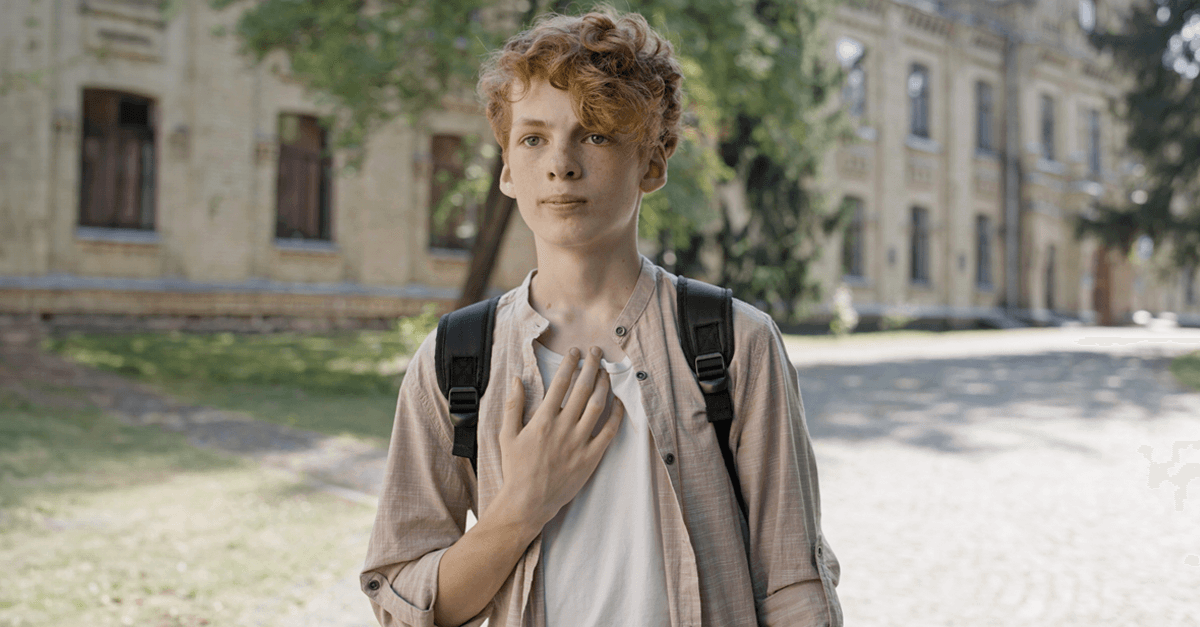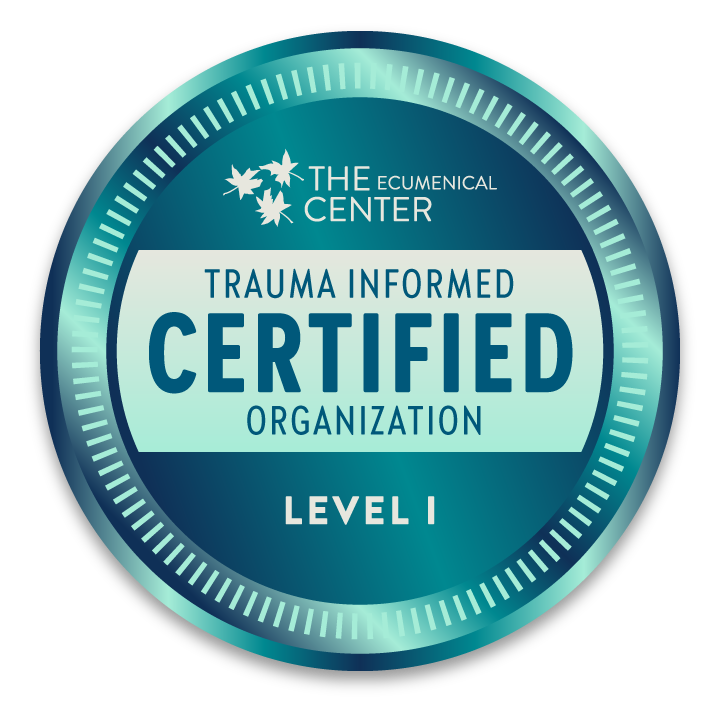Micah’s Story: Moving away from a constant state of crisis
Micah’s adoptive parents didn’t know how to handle his fits of rage — until Chosen connected them with proven strategies.
If the Jacobs had only known about Chosen sooner, they may have prevented a lot of heartache.
Not that the family has regrets. Ellen and David Jacobs’ lives became so much richer after they became adoptive parents, and they wouldn’t trade those early months with their two boys for anything in the world.
Still, it was HARD. And it wasn’t until the couple discovered Chosen that they began to fully understand what their children truly needed to thrive.
Here’s their story.
Getting to know Micah
Ellen Jacobs* loved her job as an elementary school principal. She had deep compassion for her students and cherished her time with even the most challenging children.
Still, Micah* was different.
He could find her office with his eyes closed. Fights with other students, disrespect with teachers, and meltdowns in the classroom had Micah shamefully walking toward Mrs. Jacobs’ office several times a week.
Another principal may have resorted to frustration, but Ellen knew better. She understood that Micah’s tender heart was marked by neglect, rejection, and abandonment. In his short life, he’d already experienced 11 different foster care placements.
That’s 11 transitions. 11 homes. All in less than 11 years.
The thought was unbearable to Ellen. She told her husband she couldn’t stop thinking about Micah — surely there was something they could do to help? David agreed, and the couple began to pray about the possibility of becoming his parents. It wasn’t long before they were licensed by the state and welcomed Micah into their home.
It was time of celebration. And yet, the Jacobs’ story was far from over.
Learning to heal from the heartache of trauma
By the time the Jacobs adopted Micah, they were learning a difficult lesson: Adoption is more than a one-time event. It’s a lifelong journey — one that can feel overwhelming at times. Challenges and struggles can still surface long after the adoption has been finalized.
For Ellen and David, those struggles included a sibling. On the road to becoming Micah’s parents, the couple learned he had a brother who had also ping ponged his way through foster care. Only with Eric, there was the additional heartbreak of a failed adoption. Having that on his record made it hard to find another foster home. By the time he met the Jacobs, Eric was in a group home run by the state.
Like his brother, Eric expressed his pain through anger, aggression, and destructive behaviors. But when he saw the difference in his brother’s life, he craved the same stable experience. Each time the Jacobs took Micah to visit Eric, they’d hear the same pleas.
“I want to live with Micah,” he said.
“Why can’t I just live with you?” he begged.
He called David “Dad” and viewed the family as his own. So eventually, Ellen and David adopted Eric, too. But even with the siblings united, issues continued.
“The boys’ behaviors were a cry for help”
Two finalized adoptions weren’t enough to stop the difficult behaviors. The trauma Micah and Eric had endured left its mark on their hearts and minds. Eric struggled with hatred towards his biological father and would explode into destructive rages — breaking things and even throwing rocks at his adoptive dad. Micah would run away when he became upset.
“The boys’ behaviors were a cry for help,” recalls Ellen.
She knew the family was in a constant state of crisis. She just didn’t know what to do about it. That is, until she discovered Chosen.
“See Chosen as soon as you can”
After confiding in their post-adoption case worker, the Jacobs were referred to Chosen. The organization specializes in helping foster and adoptive families heal from trauma, and immediately assigned a care manager to help the Jacobs.
That’s when the family learned how trauma can cause lasting changes to a child’s brain, body, and beliefs. Adopted children need love — but they also need coping strategies. And they desperately need guidance in learning how to use them.
The Jacobs’ Chosen care manager created a custom plan they could follow to begin moving away from a constant state of crisis. She helped Ellen and David become “behavior detectives” so they could understand the underlying causes behind troubling actions. They learned how to make the boys feel safe first — before taking steps to correct challenging behaviors.
“I learned to scaffold,” says David. “To turn one task into components.” This method is especially valuable when it comes to creating connections with children who have experienced trauma. Rather than telling the boys to simply “clean your room,” which may be overwhelming, David was taught to help divide and conquer the task together. Just as scaffolding helps construction workers reach different parts of a building, parental “scaffolding” helped his kids reach behaviors they hadn’t learned yet on their own.
It was very different from the “don’t question” approach he had been taking, and it was exactly what Micah and his brother needed to thrive. The more Ellen and David learned from their Chosen care manager, the more empowered they become to help their adopted children heal from trauma — and the more connected their family became.
Their only regret? Not learning about Chosen sooner.
“If you’re dealing with any history of trauma or older children, see Chosen even before you get the children,” says Ellen. “As soon as you can!”
Together we can heal from heartbreak
With Chosen in their lives, the Jacobs are thriving. Micah and Eric are learning what it means to be part of a stable, loving family. As a result, their bodies can heal. While the challenges haven’t disappeared, the family now has the tools and techniques they need to address each issue with confidence. The home is now a connected place of safety, security, and hope.
Chosen Walks Alongside the Caregivers
Every year, Chosen helps hundreds of adoptive families build bonds of trust. And we’re looking for partners to help heal their heartbreak. Your gift gives families the assurance they need to provide attachment and permanency for kids who desperately need it.
Looking for help? Get started here.
Looking to support a family? Give now.
* Names have been changed







